As we bid farewell to 2019, we’re looking ahead to forecast the biggest food trends we’ll be enjoying over the next 12 months. From major lifestyle commitments – such as regenerative farming and new ways of eliminating food waste – to the rise of West African cuisine and flour substitutes, foodies and chefs alike continue to demand more eco-friendly ingredients while also expanding their horizons beyond the familiar.
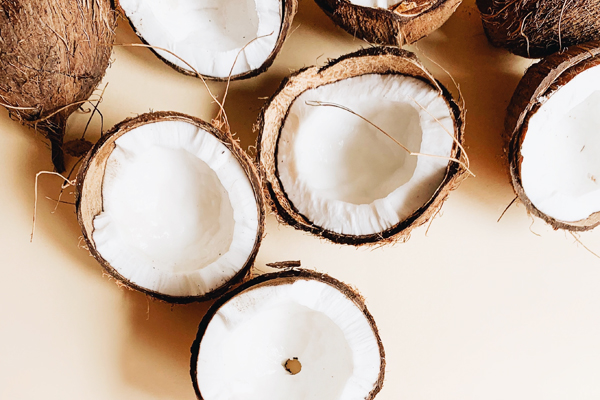
Sugar Substitutes
According to the Whole Foods trend report, those with a serious sweet tooth can finally breathe a sigh of relief, because 2020 is the year where you can officially get away from sugar while still enjoying all your favourite treats. Although the hunt for great sugar substitutes has been on our minds for years, many examples later proved unhealthy, unremarkable or just plain flavourless. But the new year will introduce a steady increase in the use of date syrups and pomegranate and coconut sugars, so you can still indulge guilt-free in all your favourite desserts.
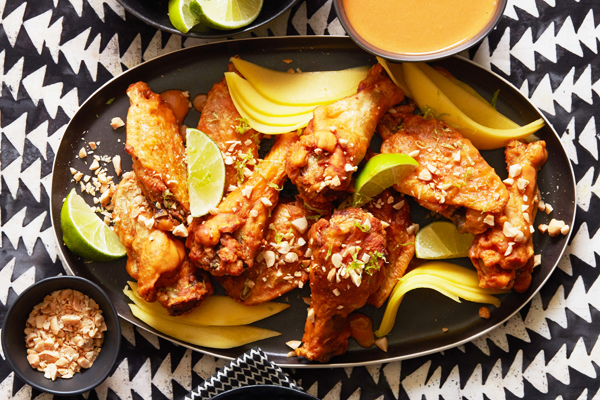
West African Cuisine
From superfoods (think: moringa and tamarind) and rich flavours (like hibiscus and amaranth) to lesser known cereal grains such as teff, traditional West African cuisine has already started popping up on the radars of foodies and chefs across the globe. For those unfamiliar with the dishes to come out of the region, the trio of tomatoes, onions and chili peppers typically form the base for the vast majority of recipes. If you’re looking to experiment in the kitchen, you’ll also want to stock up on lemongrass, ginger and peanuts. Newbies looking to dive into this trend can start with these West African Spicy Peanut Chicken Wings.
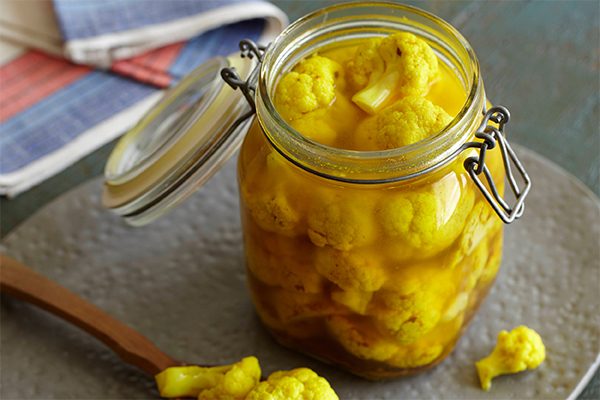
Eliminating Food Waste
Yes, this was already one of the biggest trends of 2019, but prognosticators believe the ongoing global attitude towards eliminating food waste will continue its steady ascent well into 2020 and beyond. The new year will see more Canadians than ever expanding their approaches to creative ideas for fully utilizing leftover food scraps. Chefs and home cooks will make more discernible efforts to use the entire animal and any cut-offs in the kitchen, for example, while plenty of recipes would make good use of all those other neglected ingredients ideal for creating sauces, spreads, broths and even pickled goods.

Flour Substitutes
“Green banana flour is one of my best friends,” says chef Dustin Gallagher. “Texturally, it’s more chewy than regular flour,” but still delicious. Although you might raise an eyebrow, you’ll notice an increasing variety of interesting flours taking over the market in the coming year. Bakers will introduce vegetable and fruit flours into their home pantries (think: cauliflower and banana) while, according to Whole Foods, 2020 will bring more packaged goods with flour alternatives such as tigernut in chips and pastries made with seed flour blends.
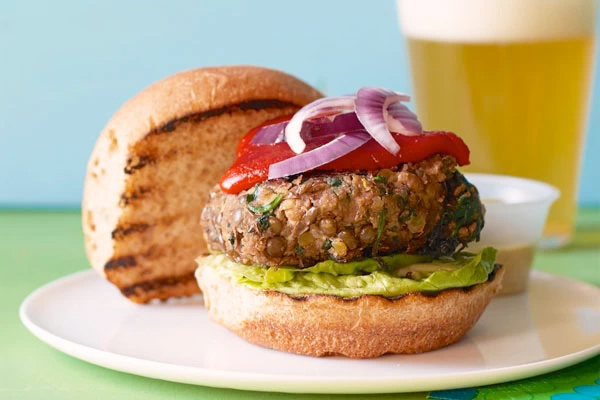
Meat-Plant Blends
In 2020, look for butchers and meat brands bandwagoning onto the “plant-based craze” with their own plant-meat combos, catered to those who don’t want to go entirely vegetarian or vegan. According to Whole Foods, some brands are going with 25 per cent mushrooms in their burger patties, for example, while others might strike a balance, using 75 per cent ground beef blended with mushroom and barely yeast. Either way, it adds up to delicious, budget-friendly meals that are better for the planet.

Rethinking Kids' Menus
The Whole Foods report also posits that the days of picky eaters are numbered. But before all you parents collectively roll your eyes, consider the fact that kids are more kitchen-savvy than ever (see: Food Network Canada’s Kids Baking Championship). In addition, it’s predicted that by 2026, 80 per cent of millennials will introduce kids to more adventurous foods. The new year will be about learning to bridge the gap between basic old-school kids’ lunch menus to more sophisticated fare (think: non-breaded salmon sticks, organic chicken nuggets and colourful pastas). These kid-friendly dinner recipes will help your family ease into the trend.

Elevated Non-Alcoholic Cocktails
Those who eschew alcohol will love the inclusiveness of this 2020 beverage trend, as mixologists and party hosts seek to recreate classic cocktail flavours using liquor alternatives. It’s easily achievable and embraces a plethora of accent aromatics and flavour profiles that will appeal to non-drinkers and drinkers alike. Whole Foods points to botanical-infused faux spirits for a virgin martini, as a bold, beautiful and flavourful example. We’ll drink to that!
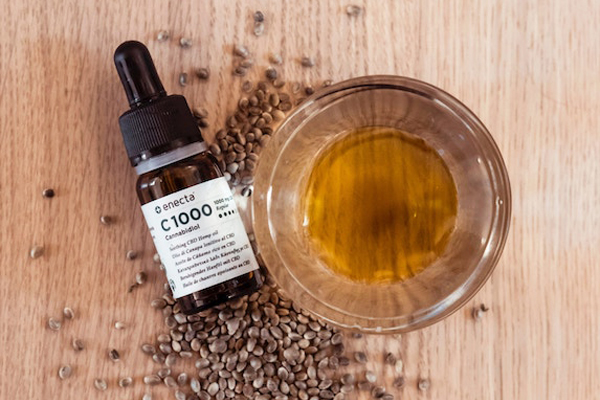
CBD-Infused Foods and Drinks
Talk about a trend that has absolutely exploded in the preceding 12 months! Not surprisingly, CBD-infused foods and beverages will continue its upward trajectory in 2020 as coffee shops, cafes and restaurants amp up their CBD oil offerings, especially in the drink department, with coffees, teas, beers, wines and sparkling waters. So keep your eyes peeled as your favourite haunts set their sights on attracting customers invested in consuming more eco-friendly, plant-based ingredients.

Regenerative Farming
According to chef Dustin Gallagher, prepare to see a continuing improvement in farming practices that will help minimize our carbon footprint while ameliorating overall soil health. Although most consumers won’t directly see this lifestyle trend in action, it will greatly benefit the globe. In short, regenerative farming is a system of practices that rehabilitates the ecosystem of the farm with a heavy emphasis on soil health, water management and fertilizer use.
